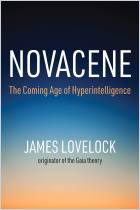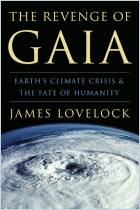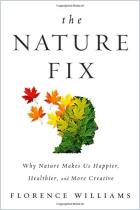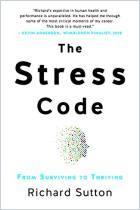
Read or listen offline
Recommendation
James Lovelock’s theories have become indispensable to anyone responsible for a firm’s environmental impact. His “Gaia hypothesis” has gained a tremendous following, though debate about it continues in the scientific and lay communities. Lovelock tries to break his science down into terms an average reader can grasp, but the mechanics of the Earth can prove hard to follow. People have discussed, reviewed and debated his text since its debut in 1979. The text in the new version is mostly from 1979, but the preface is an intriguing update that corrects statements which science has since proven wrong, like the idea that oceans dump CO2 into the atmosphere to keep levels constant. getAbstract recommends this classic because of its importance on the road to modern scientific theory, and for its power in shaping public perception of the environment.
Take-Aways
About the Author
James Lovelock, a celebrated and often controversial scientist, author and lecturer, received a Commander of the British Empire (CBE) from the Queen of England in 1990 and contributed to NASA’s planetary exploration program.


















Comment on this summary or 开始讨论